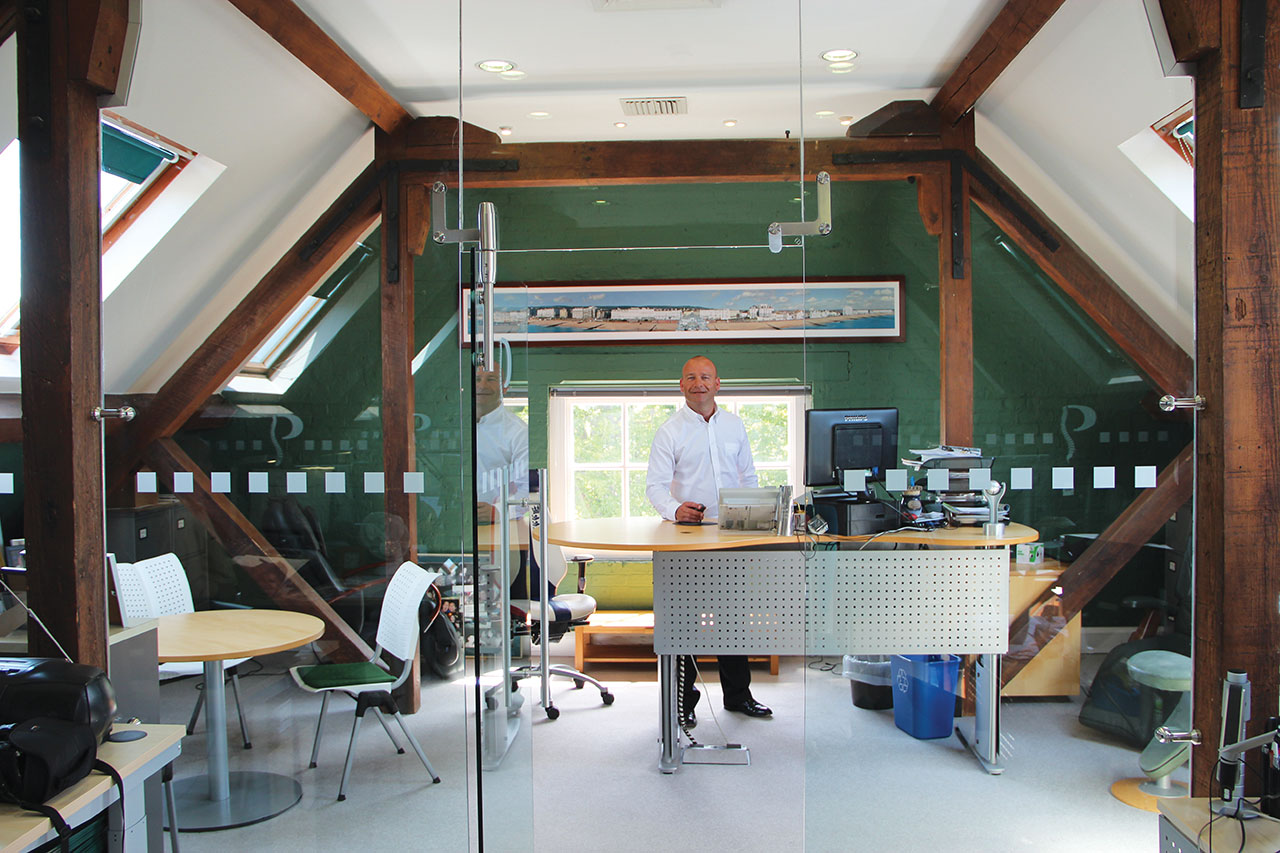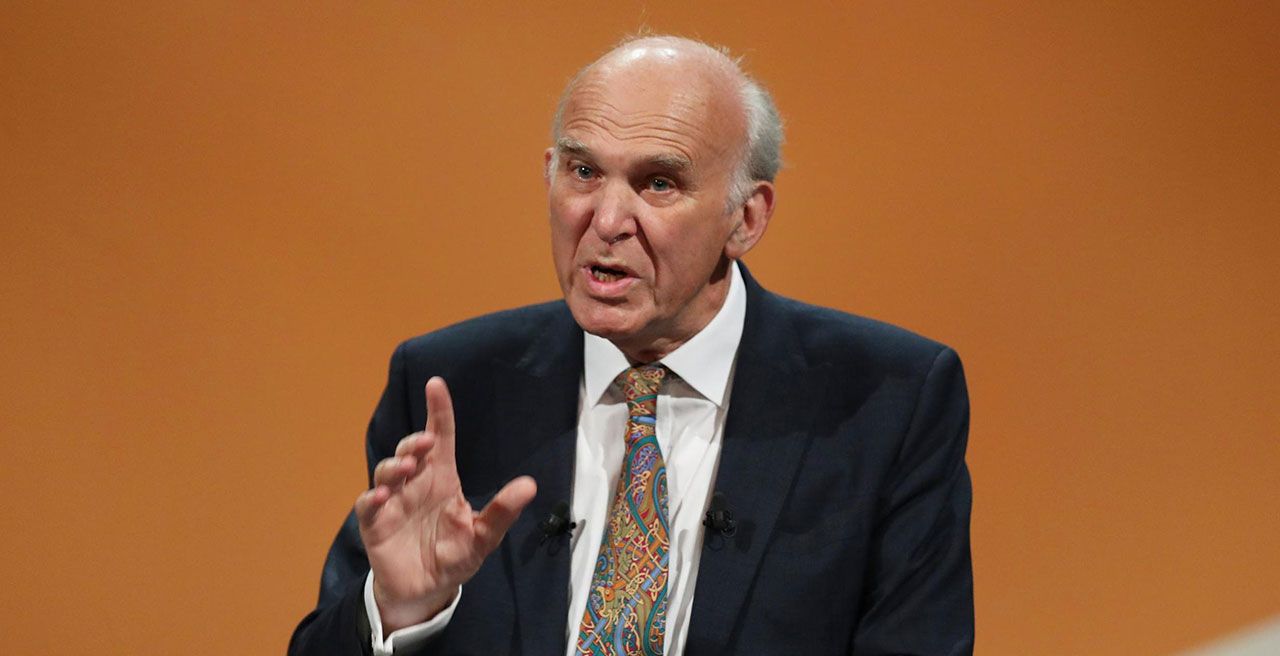
In 2016, it was estimated in a global study that 67% of well-formulated strategies failed due to poor execution (R.Carucci, Harvard Business Review.org 13/11/17).
Does your business spend a lot of time in meetings talking about new initiatives? Does the answer to a problem always seem to be the need to buy something or someone (the easy action)? Do new targets get rolled out and then start to fail to be achieved within months?
As we have evolved, my theory is that we have become increasingly confused into believing in the supremacy of thought over hard work and action. Thinking about success; imagining how amazing it will be to have achieved our goals and targets has its place, don’t get me wrong. But it’s a small place. The overall bias of media and business books to focus on phenomenal business successes hooks us onto the drug of the outcome, rather than the phenomenally hard work required to get there. Action is the secret to success.
Why do we allow this addiction to take hold? To fantasise about when we’re X big, or sold for X amount? Because it’s easy. The thinking that most of us do is also easy; we’re not pushing new theoretical boundaries or honing our skills of critical thinking. We’re wallowing in a mental comfort zone. We’re being lazy rather than engaging in the far harder act of working towards that changed future we dream about.
The irony is that humans are hard-wired for action. That’s why we so often spend our time ‘in the existing business’ rather than ‘on the future business’. What we often fail to recognise though is when we’re doing the overall corporate equivalent of reacting to emails and the actions of others, rather than directing the organisation to act to change itself.
So, what is the power of carefully focused future-related action? I’d argue that one of its primary benefits is to reveal the messiness of reality. Thinking, theorising and planning feels great because we contain the parameters of reality. But it’s not real. Only by acting, do we reveal reality.
You need to develop a bias for action; to start to revel in doing rather than thinking:
- Force a ‘Deep End’: Attach an immediate (usually uncomfortable) action to any plan, or element of a plan, you create. Working on a new product idea? Mock up an A4 sales PDF and book a meeting to pitch to some friendly prospects. Writing a presentation to launch a new team initiative? Select a handful of your team and pitch your first draft. The key is to get it out of your head and in front of others.
- Start at the end: This is a trick I learnt from management consulting at PwC. Whatever you’re looking to do, imagine the final presentation, paper, product home page or service collateral. Don’t over-think it, just the headlines. Now use these headlines as steps to act on now. You’ll immediately find you have to engage with others because you’ve accelerated past planning to outcomes.
- Be an action addicted business. Become an organisation where talk is dirty and only delivery is rewarded. All agreed ideas have to have ‘Deep End’ actions attached and owners and tight deadlines monitored. Words without committed action? Yawn and leave the meeting.
- The momentum of external movement. Stuck in planning? Don’t worry about it, just physically do something which involves others from outside your organisation. Send an email. Book a meeting. Pick up the phone. When you do, the vital things will start to become very clear, but they don’t if you just sit there in plans.
- Develop a ‘Deep End’ habit: When you become physically aware of how you feel when you delay, self-doubt or self-delude (“I’ll just pay for a little bit more meaningless market research to make myself feel better”), start searching for a ‘Deep End’ action. Recognise the feeling and get addicted to doing.
- Poke the plans: In the Harvard study mentioned earlier, an amazing 60% of companies that fail to execute strategy, have no connection between their budgets and their strategies. They’re essentially committing to do things without committing to the resources to do them. Sound like any big corporate you (used to) work in? Don’t allow a line to go into a budget which is a year on year change without asking to see the action plan (owned by someone inc. deadlines).
- Focus, focus, focus: By contrast, in companies that successfully execute strategy, 76% limit the number of strategic initiatives they focus on and 64% actually build their budgets around their strategy (R.Carucci, Harvard Business Review.org 13/11/17).
So, don’t spend so long in your head and on paper/screen, modelling scenarios, that real life becomes oppressive. Ask yourself what’s the worst that could happen, jump into the deep end and act.
‘Whatever you think you can do or believe you can do, begin it. Action has magic, grace and power in it’ – (attributed to) Goethe






